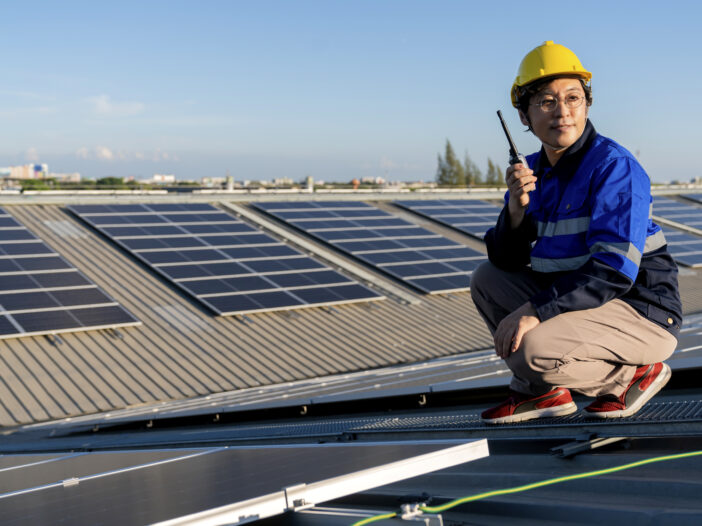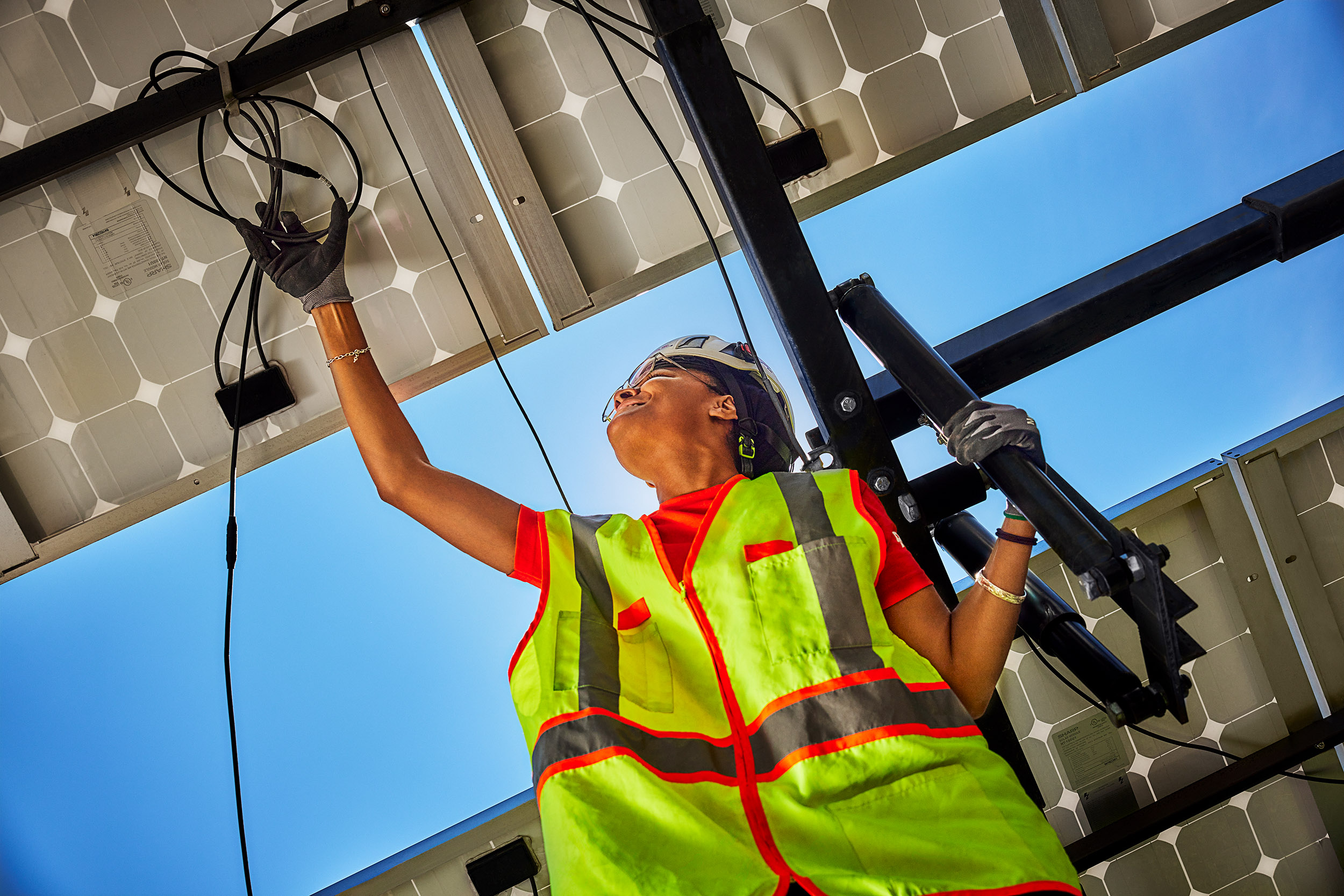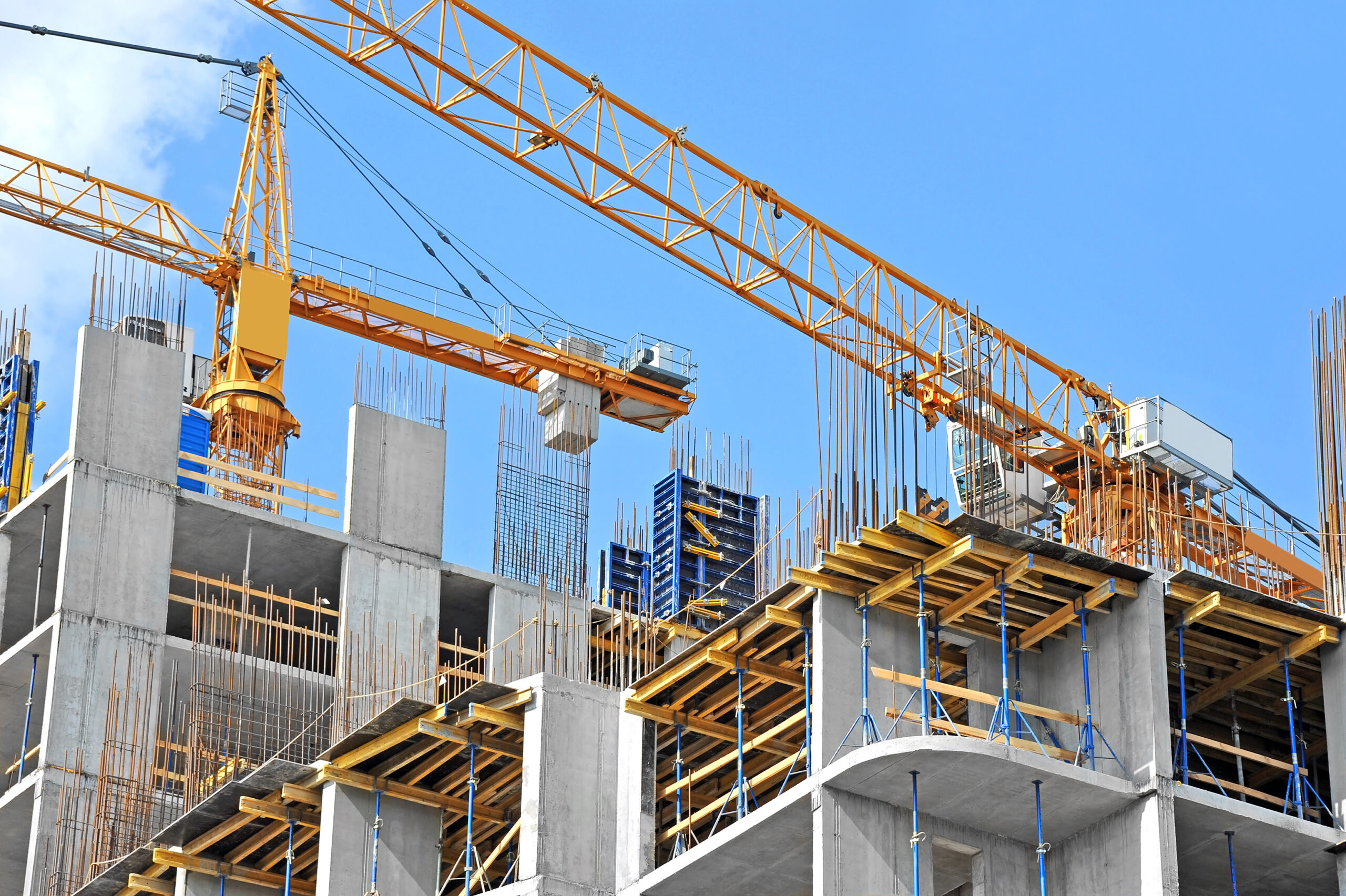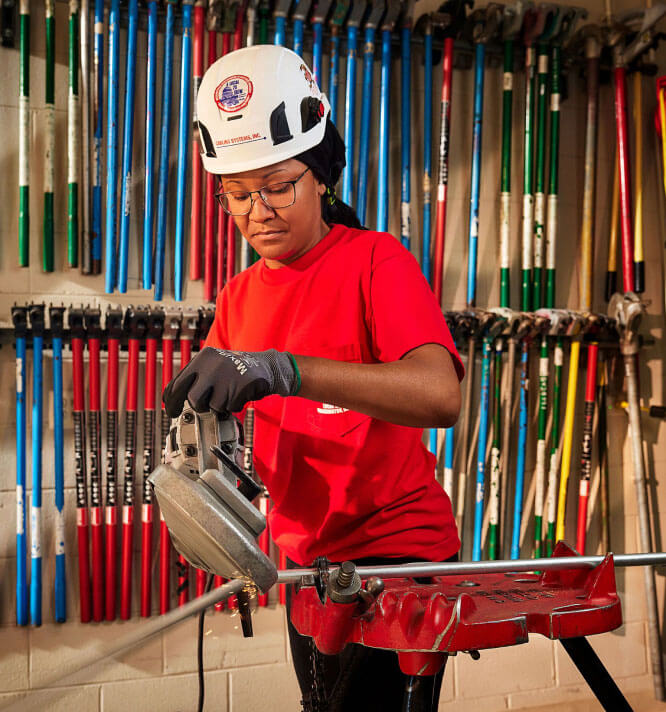
Lanham, MD – On August 28th environmentalists, contractors, manufacturers, and union members formed a new coalition. The goal of this collaboration is to advocate for labor standards in green energy legislation at the state and local level while working together on active federal projects.
The event was hosted by IBEW Local 26 at their headquarters in Lanham, Maryland and focused on finding ways to pursue a greener future without sacrificing workers’ equity.
The attendees discussed creating partnerships on upcoming projects like EV charging stations and large-scale solar arrays. They also discussed legislative priorities like prevailing wage, wage theft protections, and community workforce agreements.
Historically, labor and the green movement have been at odds over the acceleration towards a clean economy because of low wages in green tech construction and rampant worker abuses.
“It’s a tough ask for a mine worker making ~$60,000/yr or a pipeline welder making ~$70,000/yr to cut their salaries in half installing solar panels, with no healthcare, retirement, or time off,” said Don Slaiman. “The solar industry was rolled out by the Rahm Emanuel staffed White House which prioritized investing in green entrepreneurs to kick start and drive the industry which resulted in prioritizing a race to the bottom. The Biden Administration is emphasizing labor standards and matching sustainable jobs with the goal of achieving a sustainable environment. Green Energy careers!”
This partnership between the labor and environmentalist movements aims to mend that rift and ensure that, moving forward, the transition to a clean economy is equitable for everyone in the community.
The solar installation field represents a unique opportunity for organized labor and the IBEW. These large-scale solar arrays need to be built by union contractors. At the same time, the current solar installers have an opportunity, a pathway to a meaningful career with higher pay and benefits as union electricians.
“Ultimately, we have to make sure we prioritize creating equity as we make transitions to a greener economy,” said Slaiman. “We have to keep both the environment and disaffected communities in mind by continuing to provide good wages and benefits. If we all work together, it is absolutely possible.”




